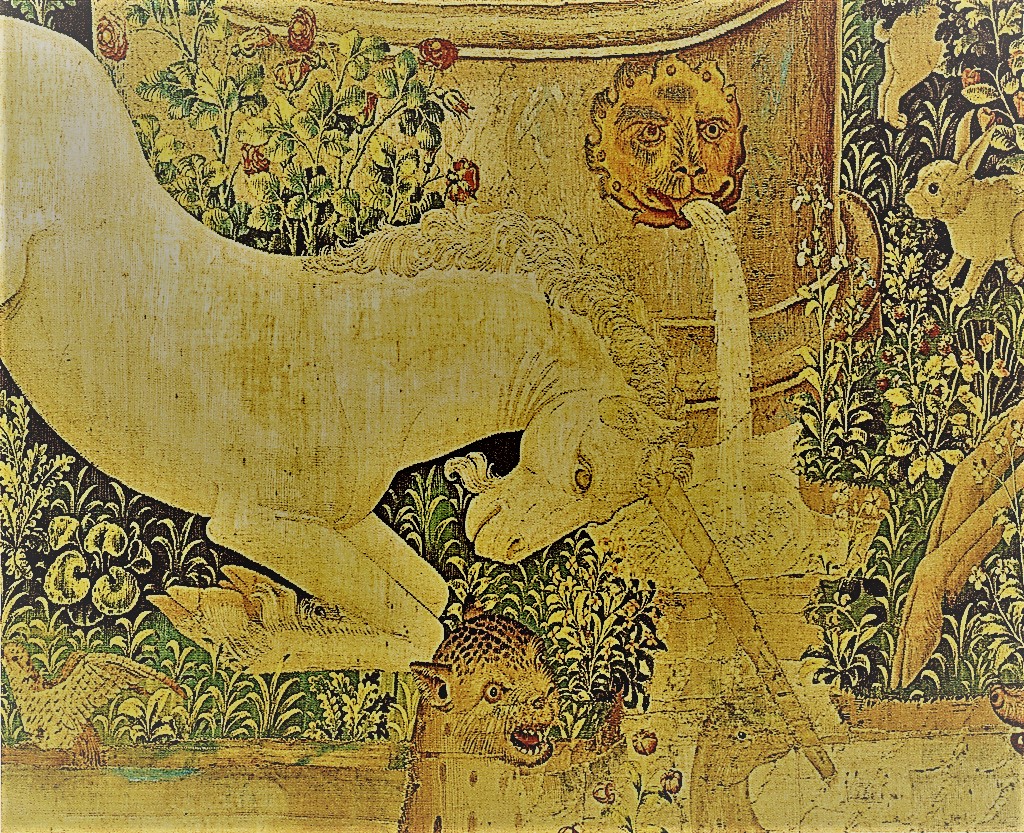Recently, I participated in a service on the topic of courage at the Unitarian Universalists of Mt. Airy in Philadelphia. The YouTube video of my part of the service is above and the text is below.
Courage born of fear
When Shaie mentioned that the theme for this month’s worship was courage and that she would be speaking on it, I immediately thought that I had something to say on the topic also. When I was writing my novel Dick Moby over the summer, the talking whale in my head and on the page had a lot to say about her courage in navigating an increasingly treacherous ocean.
My sperm whale, who has secretly named herself Dick Moby to remind herself that she is fierce and who is pregnant during the novel and gives birth after a fifteen-month gestation period (which is average for sperm whales), says toward the end of the novel:
“When I told my pod members my rationale for taking a trip with my calf—that I wanted her to grow up free and strong and not ruled by fear–they didn’t say a word. I never told them the name I gave myself, Dick Moby, but I think my pod members admire me for my courage. I haven’t told my calf my secret name either – yet. But I will when she is old enough to understand why I gave myself that name. We whales must be fierce and I want my calf to grow to be as fierce as me. Right now, she is bold and curious. Even though there are things I learn from her also, she is a little me.”
I realized as I was writing this from the voice of the whale that I was also writing about myself. I have on a few occasions been described as courageous. “How do you do it?” Someone once said to me years ago about my writing. “You seem to have no fear.”
I remember another person describing me as courageous and I suspect that was about my sexuality since I have usually been adamant and comfortable in being myself. Of course, these two people were describing what they saw, what I put out into the world. When I look back on my younger self, with great compassion, I recall that the feelings behind my actions were not always courageous. But I always responded. I had no choice but to deal with things that came my way.
As I reflect now, perhaps it is because of the fear that so often spurred me into action, that I know courage. When asked on Unitarian Universalist forms to select a root religion, I always choose Buddhism. This is because I was raised secular by a rebellious atheist mother, and Buddhism feels most natural to me. In Buddhism, it is often said that suffering is part of nonsuffering. So, it’s possible that the experience of fear can create the action of courage. In any event, I did move through fear into courage.
Recently, I took a survey on the experience of LGBTQ+ Inclusion in Unitarian Universalist congregations. This took me down memory lane. As I recall when I first came to this congregation, my partner and I had been through much job-related discrimination. Personally, I felt beat up. I remember when I first came to this congregation, I was amazed that people were so welcoming and that our sexuality really didn’t seem to matter. That’s the way it should be, of course. But I was still amazed.
I say I went down memory lane because I have since recovered from the workplace homophobia. And my faith was more or less restored in humanity. Then the week I turned sixty I had a health scare that led me to embrace a healthy plant-based diet. After nearly three years of this, the health benefits are still rather astonishing. When we changed our diets, my partner and I had already been thinking about becoming vegan for the sake of the animals and the planet. So, of course, I still identify as a lesbian, but I probably identify more as a vegan since becoming one saved my life. When I started processing trauma, I had an “aha” moment when I found out about the trauma endured by lesbians and bisexual women which often makes us terminally ill. Maybe I shouldn’t have been surprised, but I was. Internalized oppression is a complicated thing.
When I came to this congregation, I had faith that organized religion wasn’t as homophobic as I had heard it was. So, for me courage often goes hand in hand with faith.
–Namaste–
For information on my most recently published novel Loving Artemis click here













